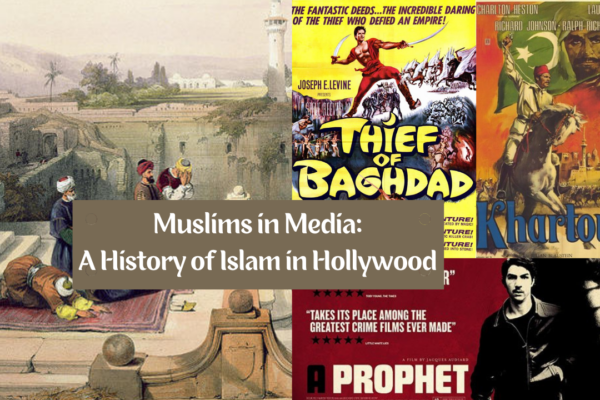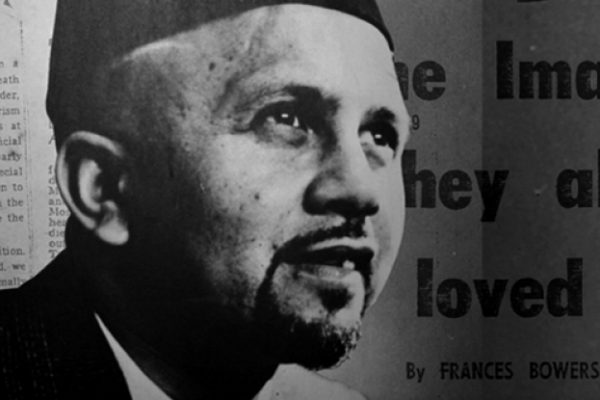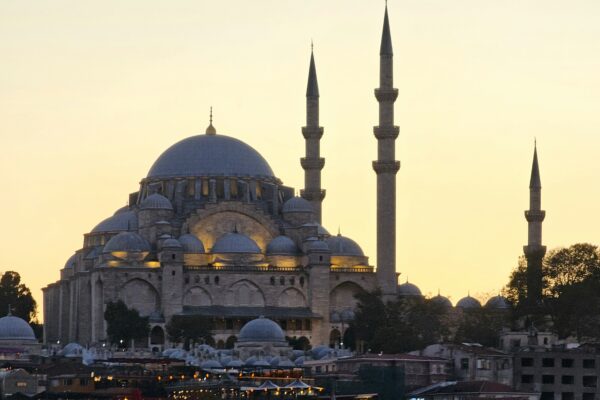The real history of the CIA in destabilising African liberation movements, assassinating African leaders and manipulating the African political landscape is amiss in this bizarre fictional twist.
The real history of the CIA in destabilising African liberation movements, assassinating African leaders and manipulating the African political landscape is amiss in this bizarre fictional twist.
I just arrived back in the UK and had a chance to see the much talked about Black Panther movie courtesy of Tony Warner and his Black History Walks. They hosted a screening at Genesis Cinema in Mile End, followed by an interesting Q&A session afterwards. Almost a month on from its release and the cinema was packed – some people having seen the movie for a third or fourth time. I was particularly drawn to the presence of elderly black people in the audience – I couldn’t imagine such a demographic making the effort to see a Batman or Spider-Man debut of any other Marvel comic release.
By now the movie has no doubt been reviewed and thoroughly hashed over, but I feel compelled given the magnitude and impact of the movie to belatedly throw in my 10 cents, or 10 pence – for what it’s worth.
I was drawn in and mesmerised by the cultural references of the movie – which I felt carried much more swing than the storyline. There is the positive and empowering representation of strong, dark-skinned African women, a liberated piece of Africa where African identity, spirituality and traditions are exalted and celebrated and people live a dignified existence.
Culturally and aesthetically the movie presses all of the right buttons and has the perfect ingredients to capture the imagination of black audiences. It is a great film, well worth the watch and deserving of a place in cinematic history. However, excluding the entertainment factor and the film-makers obvious efforts to appeal to the political, cultural and spiritual sensibilities of a progressive Black audience, I felt the story-line was soaked in the usual Hollywood propaganda.
Killmonger and Ulysses Klaue are the two celebrated anti-heroes of the movie. Killmonger is the angry, vengeful protagonist behind a subtly disguised Black Nationalism and Ulysses Klaue (Eugene TerreBlanche lookalike) is the ugly face of Capitalism, with its white supremacist inclinations carefully masked. Whilst the audience’s focus is firmly fixed on the motivations of these two characters, the nefarious CIA are presented as benign allies. The organisation escapes audience scrutiny as they are courted and feted by the reactionary ruling elite of the kingdom of Wakanda – thus lending credibility to this notoriously corrupt US intelligence agency. The plot climaxes when the vengeful Killmonger goes up against his CIA supported cousin T’Challa, to seize control of the Kingdom of Wakanda in an effort to liberate the Black masses. The audience (both black and white) are left rooting for T’Challa for there is fear that the ‘Pan-Africanist’ agenda represented by Killmonger is too radical, without focus and driven by emotion and not reason. The Black audience roots for T’Challa even though their aspirations are more in line with those of Killmonger. Killmonger is the character that represents the liberation hopes and aspirations of the grassroots, the downtrodden, the masses. T’challa represents the reactionary attitudes of the bourgeoisie, the elite of the society. He is fighting to retain the privileges of the established order and to maintain the status quo.
Throughout the movie the kingdom of Wakanda is seen cooperating and collaborating with the CIA, embracing one of its agents, information sharing and working collectively to undermine the liberation aspirations of Killmonger. The presence of the CIA throughout the movie is consistent, no effort is made to fictionalise the organisation. The real history of the CIA in destabilising African liberation movements, assassinating African leaders and manipulating the African political landscape is amiss in this bizarre fictional twist. In fact, the closing scene of the movie is T’Challa giving an address at the United Nations and the facilitating CIA agent grinning and clapping excitedly in support of their obsequious lackey.
Mmmhh, it’s a spectacularly entertaining feel-good movie but I’m not sure we’ve fully evaluated the propaganda behind it and who ultimately benefits. The juxtapositions have been cleverly thought out and calculated, not least embracing the divisive and contentious Malcolm vs Martin debate. I doubt a more radical ending or a plot twist in which Killmonger (Malcolm) prevailed would have received the finance and such Hollywood endorsement. Nevertheless, all said and done, I stand with Killmonger and the guiding lyrics of Bob Marley – “Rasta don’t work for no CIA”.
This was originally posted as a Facebook status here.





